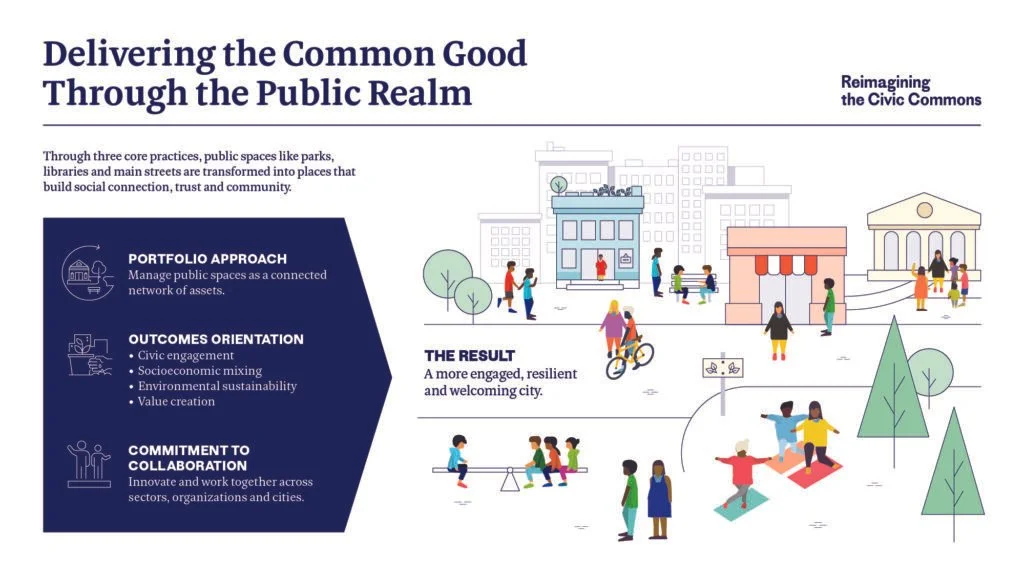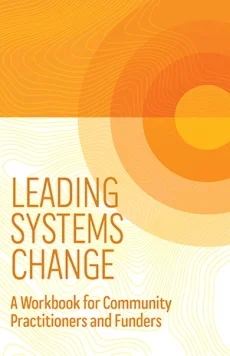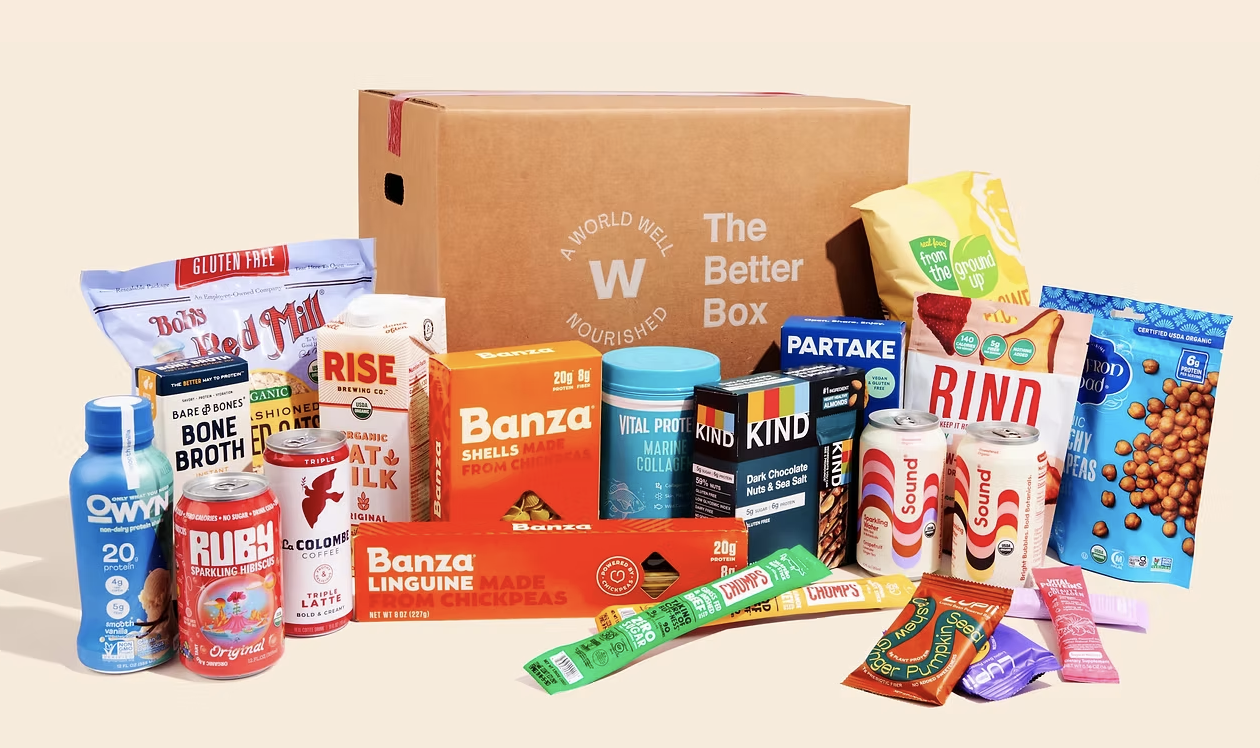
2025 Network Catalyzers Program
The Democracy & Belonging Forum’s Network Catalyzers Program supports selected Forum members in launching and growing their own virtual or in-person communities related to othering, belonging, bridging, and democracy.
These communities are entirely member-run, but are in part resourced, promoted, and supported by the Forum. In 2025, six communities (and seven catalyzers) were selected to participate, addressing topics as diverse as bridging in rural France, food insecurity in Texas, and intergenerational engagement among immigrant families.
The Dignity Index
What Is The Dignity Index?
The Dignity Index is a simple tool that helps you measure whether communication shows dignity or contempt. It uses a scale from 1 to 8, where higher scores show more dignity and lower scores show more contempt.
In our current world, public conversation has become harsh and divisive. Politicians, media figures, and everyday people often use contempt when talking about others. This makes problems worse and prevents us from finding solutions.
Parenting Toolkit and Tips for Learning to Disagree Better
This toolkit helps parents and families develop skills for healthy disagreement. When family members disagree constructively, everyone feels heard, relationships stay strong, and children learn valuable life skills.
Disagreement is natural and inevitable in families. The question isn't whether we'll disagree—it's how we'll disagree. This toolkit teaches practical strategies for navigating differences with respect, curiosity, and care.
This toolkit gives you tools to:
Listen to understand, not just to respond
Express disagreement without attacking or dismissing
Find common ground even in tough conversations
Model healthy conflict resolution for children
Repair relationships after heated moments
Build family communication skills that last a lifetime
Whether you're navigating political differences with extended family, handling sibling conflicts, or working through parenting disagreements with a partner, these tools help create more connection and less division.
Toolkit for Individuals to Spark Connection and Positive Impact
Share Our America Toolkit
A free guide to help you bring people together in your community. Learn how to start conversations that build understanding and respect between people who are different from each other.
Is America Ready to Unleash a Multigenerational Force for Good?
The Opportunity: Pent-Up Demand
We're living in the most age-diverse society in human history, with nearly equal numbers of people alive today at every age from birth to 70 and beyond. This unprecedented demographic reality creates extraordinary potential for intergenerational collaboration — and Americans are ready to seize it.
World Grid Project
World Grid Project
A comprehensive initiative to map and promote the development of a globally interconnected electric grid powered entirely by renewable energy, building on Buckminster Fuller's vision of universal carbon-free electricity access.
The World's Biggest Asshole
The Campaign
Meet Coleman F. Sweeney—a man who's made it his life's mission to be absolutely terrible. He gives cigarettes to kids, steals laundry, and is cruel to animals, children, and people with disabilities.
But when Coleman dies unexpectedly at a diner, the waitress discovers something shocking on his driver's license: he's an organ donor. This one selfless decision transforms everything, giving deserving people a second chance at life.
Reimagining the Civic Commons
A national initiative transforming public spaces to build stronger, more connected communities across America.
Parks, libraries, trails, and main streets become places where people of all backgrounds gather, trust grows, and neighborhoods thrive.
The link between alcohol and cancer
Summary
This Yale SPH Q&A explains how alcohol contributes to cancer risk and why U.S. leaders are exploring updated warning labels. Dr. Vasilis Vasiliou highlights mechanisms (e.g., acetaldehyde, oxidative stress), dose–response effects, and the way alcohol amplifies other carcinogens such as tobacco smoke. Guidance includes: don’t start drinking for health reasons; if you drink, keep it modest and consider personal/family risk factors.
A Blueprint for Government That Actually Works for People
Government policies often sound great in meetings but fail when real families try to use them. A healthcare policy might work perfectly on paper but be impossible to navigate if you're a single parent working two jobs. This research shows leaders how to design policies by starting with people's actual experiences, testing ideas small before rolling them out, and improving based on feedback from real users. When policies work for everyday people, democracy gets stronger.
Democracy and Belonging Forum
Why This Matters
Democracy and social justice aren't competing priorities—they're deeply interconnected. The Forum recognizes that othering can't be countered through more othering, and that democracy rooted in belonging means engaging with those different from ourselves. In an era of rising authoritarianism and toxic fragmentation, building bridges while centering marginalized communities is essential for strengthening democratic systems that serve everyone.
Building Bridges: A Playbook for Community Connection
Three Essential Steps
Create more opportunities for connection - Space must be intentionally created, like a garden, for relationships to take root and grow
Focus on shared goals - Americans prefer working together toward common community objectives rather than just discussing their differences
Build on success - Research shows that the more people connect across differences, the more likely they are to want to continue doing so
“Frientimacy: The 3 Requirements of All Healthy Friendships” by Shasta Nelson
Frientimacy: The 3 Requirements of All Healthy Friendships” by Shasta Nelson
TEDx Talk | 16 min video
A powerful and funny talk by our very own Chief Friendship Officer that breaks down what makes friendships meaningful and how to strengthen the ones you have.
WELLFARE
Our unique program gives food-insecure families an opportunity to access unaffordable, better-for-you alternatives that drastically curb sugar, salt and fat intake. In communities where generational chronic health conditions are the norm, the Better Box is helping thousands take positive steps toward a more nutritious and sustainable lifestyle. Behind the scenes, our Direct-to-Need model leverages over 2,000 Wellfare volunteers and aligns procurement, warehousing, fulfillment, distribution and customer experience under one umbrella, making the program incredibly efficient, transparent and cost-effective. The Better Box is a dynamic and impactful first step in our long term aim to create true food security across the United States.
















